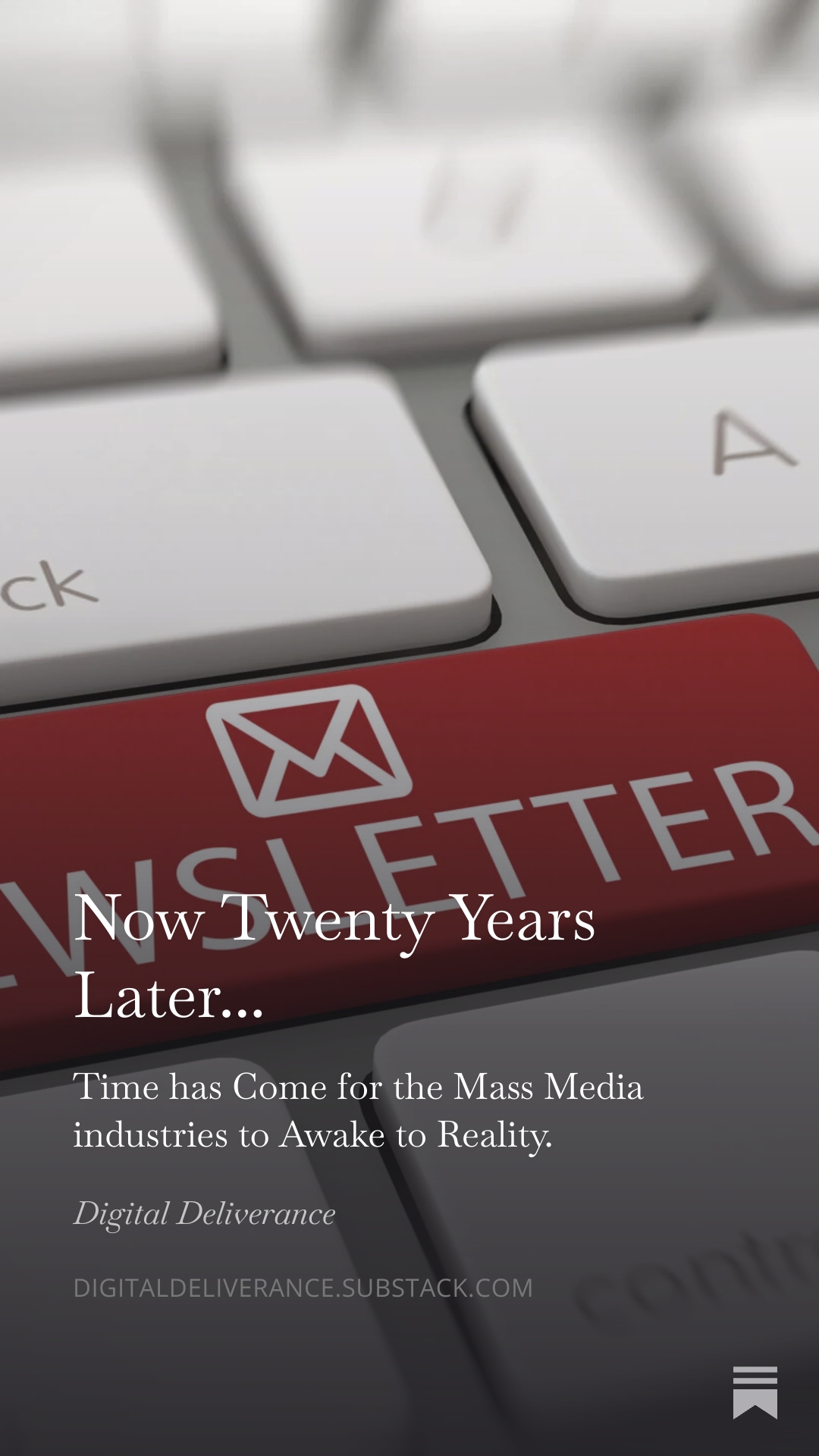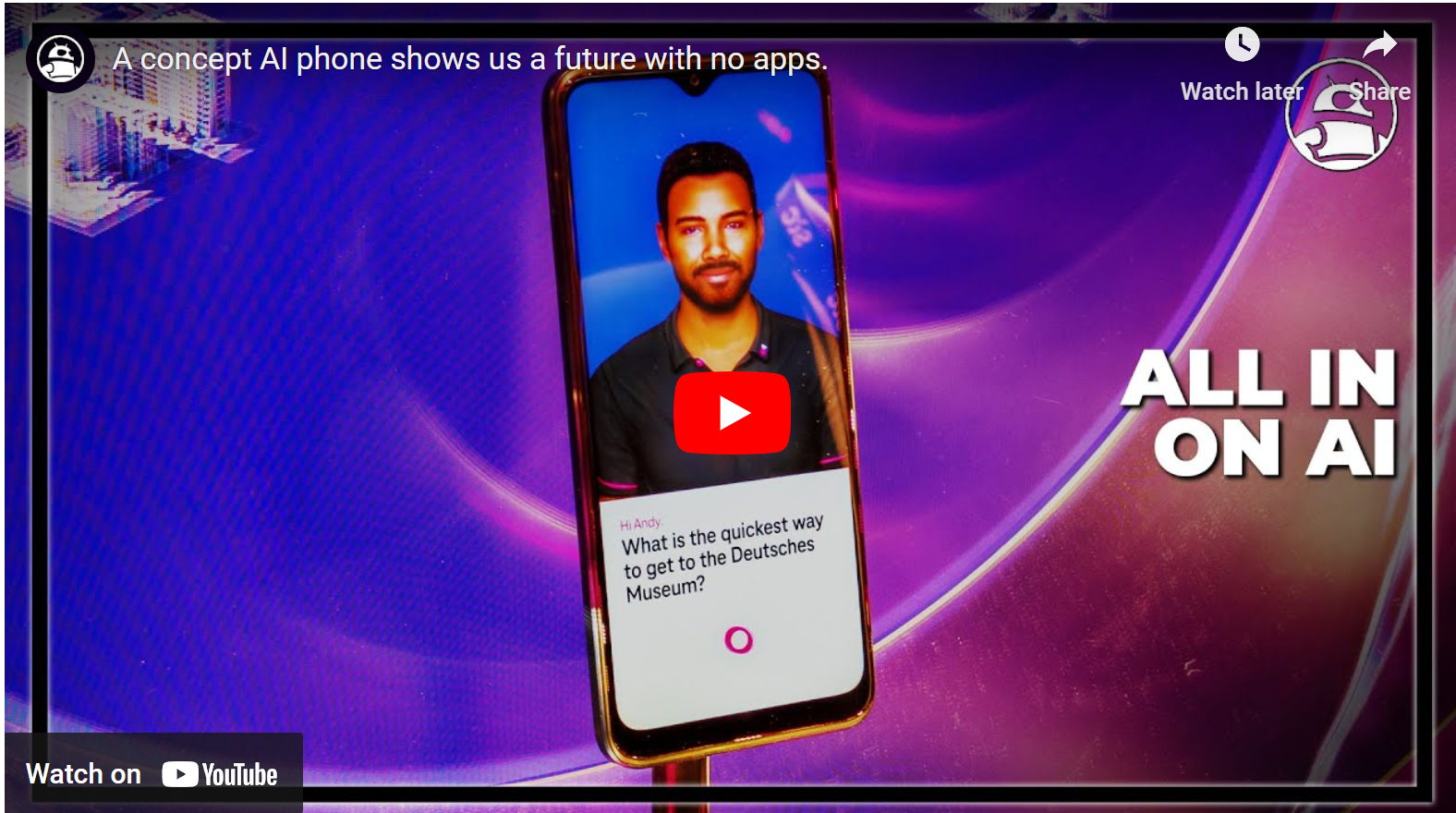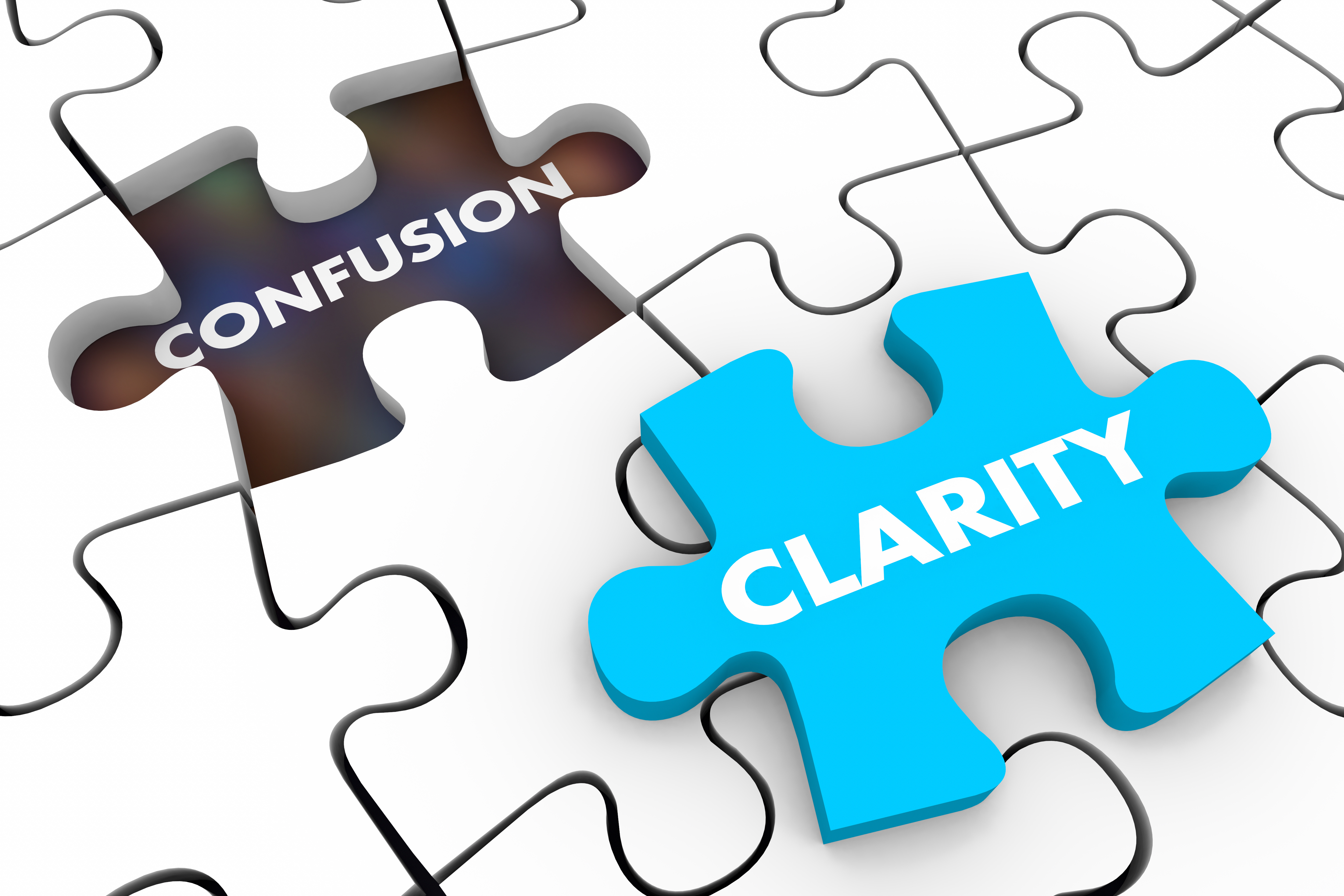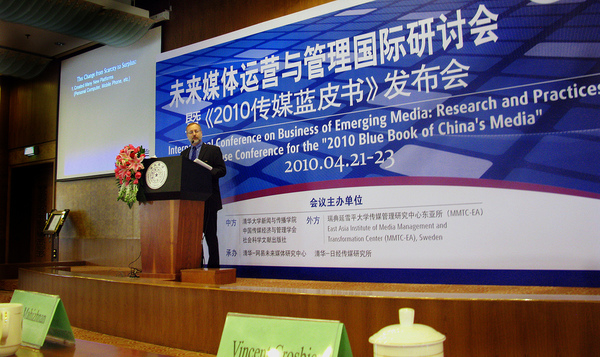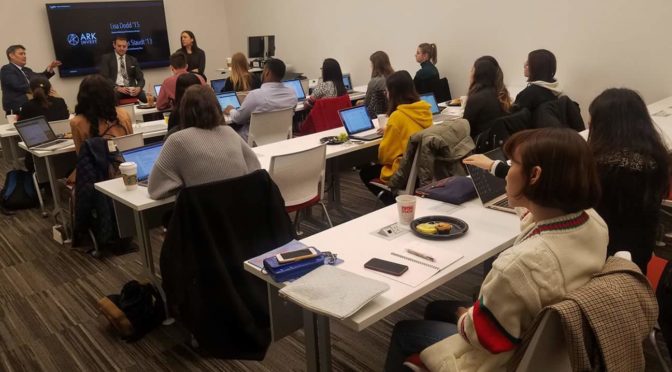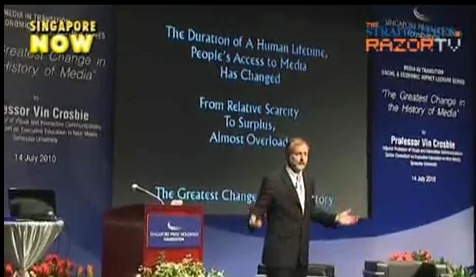The Time for the Mass Media Industries to Awake to Reality More than 20 years ago, the Mass Media industries myopically and thus catastrophically bet their future on the wrong path adapting to personal computer-mediated technologies. Subscribe to the Digital Deliverance newsletter…
I wholeheartedly agree with this five-minute video story by Android Authority that the smartphone of the future won’t have or use Apps (i.e., individual single-purpose software applications) but instead simply use Artificial Intelligence (AI) to communicate/find/view.obtain/what its users wants.
“The definition of the thing establishes its essence.” – ‘Metaphysics’, Aristotle (384-322 BCE) Know what are talking about. Otherwise, you might become a producer of hype rather than success. Words have real meanings. The traditional media industries are so woefully misusing terminology…
As the Industrial Era wanes and the Informational Era dawns, the focus of my consulting and career has changed from Mass Media to Individuated Media. If you don’t know what the latter are, read this.
The most advanced New Media in the world aren’t in the United States but in either of two East Asian countries. South Korea is frequently called ‘the most wired’ nation in the world: virtually all of its 51 million people are online or, as the home to Samsung, the world’s largest manufacturer of smartphone, interconnected wirelessly. Across the Yellow Sea from , South Korean, however, lay the world’s largest population of Internet and smartphone users, who have the world’s most unique and hyperactive New Media market. I believe that it will be from China that most of the world’s New Media innovations during the 2020s will arise. The formidable uniqueness of the Chinese language itself, have caused many technologies, particularly those involving smartphones, to evolve rapidly and hyper-competitively during this past decade. I think that many of those Chinese media technologies will soon start percolating through those governmental and linguistic ‘firewalls’ and begin to be adopted (or ‘Westernized’) worldwide during the 2020s, becoming platforms upon which many of the next wave of technologies for media will be founded. It is time that Westerners learn more about these. [click the headline to read more]
This week I’m in New York City sitting-in on a 39-hour (nearly non-stop for five-business days) course in which 18 alumni of my New Media Management master’s degree program at Syracuse University will teach 18 of my current students in the program.…
In 1993, after two decades working for newspapers’ print editions and for two of the world’s major international news services, I switched the focus of my career to working full-time on journalism’s transition from print and terrestrial or cable and satellite broadcasting…
Previous webpage: Maelstrom as the Flow Changes “I wasalmost a sorry witness of such doings, knowing that a little theory and calculation would have saved him ninety per cent of his labor.” — Nikolai Tesla about Thomas Edison’s exhaustive experimentations. Access and…
TV news coverage of the third annual Media Lecture, delivered by Prof. Vin Crosbie on July 14, 2010, at the Drama Center of the National Library of Singapore.
Video clip of Vin Crosbie defining the term New Media and its potential.
My opening keynote speech from EPublishing Innovations Forum 2008, London, May 7, 2008. Why 1.3 billion people have gravitate online despite their already having access to mass media in much more convenient formats than online. Why the fragmentation of audiences is an illusion. Why traditional newspapers’ and news magazines’ circulations, and news broadcasts’ viewerships, must ineluctably evaporate. Why most newspapers’ and news magazines’ and news broadcasters’ Web sites won’t save their companies. Why people will be even better served by New Media than by Mass Media. And why the change today is even greater than that during Gutenberg’s era.
At the root of most publishing and broadcasting companies problems understanding and adapting to the New Medium is they actually misunderstand what a medium is. I’ve long been reluctant to explain this misunderstanding because I’ll need a long post to do so. This is it, a new version of my 1998 essay What is New Media?. It’s long, but I consider it the most important thing I have ever written except for the original essay, and hope you’ll forebear its length. I need to have this new version online because I plan to refer to it in future postings, specifically those about what radical changes that media companies need to implement.
